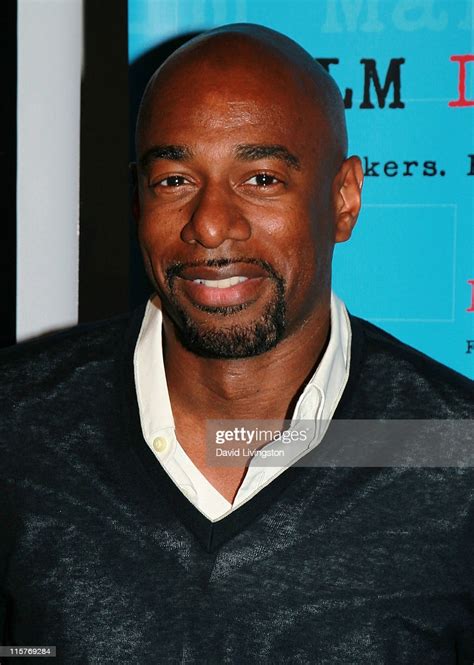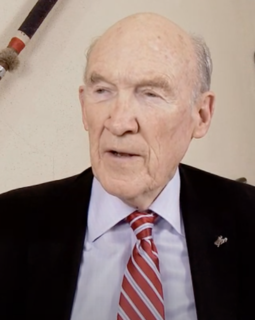A Quote by Chelsea Manning
On a transparency front, I would say that I certainly dream of a world in which our local, state, and national and international governments and other organizations have a 21st century, digital-era transparency built into them by default.
Related Quotes
When war is waged, it is for the purpose of safeguarding or increasing one's capacity to make war. International politics are wholly involved in this vicious cycle. What is called national prestige consists in behaving always in such a way as to demoralize other nations by giving them the impression that, if it comes to war, one would certainly defeat them. What is called national security is an imaginary state of affairs in which one would retain the capacity to make war while depriving all other countries of it.
We need to be prepared to have multi-stakeholder, well-managed partnerships. That can be very effective. We saw this happen at international level with the UN Convention on Landmines, for example, where some governments didn't want to go forward, but enough governments did and with them many NGOs. At international level we need to see this as the 21st century way of doing things.
There's a transparency revolution sweeping the world. The more you can have transparency of payments, the more you'll be able to follow the money and the more you'll be able to see that payments for mineral rights in poor countries actually go to the people who need it, and don't get put into a kleptocrat's pocket. Transparency is terribly important for us.
It is a travesty, in my mind, for the state and local governments on the one hand to expect the Federal government to reimburse them for costs attributable to illegal immigrants, when on the other hand the State and local governments prohibit their own law enforcement and other officials from cooperating with the Immigration and Naturalization Service to locate or apprehend or expel illegal aliens.
We have full disclosure in transparency of our audited, our financial audits. It's on our Web site. It is, I think 16 or 20- something pages, which most public companies or private companies and most ministries don't disclose. So we have always operated with financial integrity and full transparency.
The US is often the first to call for transparency and integrity in the reporting of other governments. It has never provided transparency or integrity in its reporting on the war in Iraq. It has downplayed the growth of the insurgency and other civil conflicts. It exaggerated progress in the development of Iraqi forces, and has reported meaningless macroecomic figures claiming 'progress' in the face of steadily deteriorating economic conditions for most Iraqis outside the Kurdish security zone, and does so in the face of almost incredible incompetence by USAID and the Corps of Engineers.




































